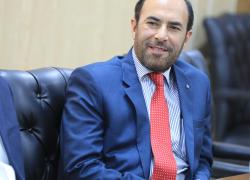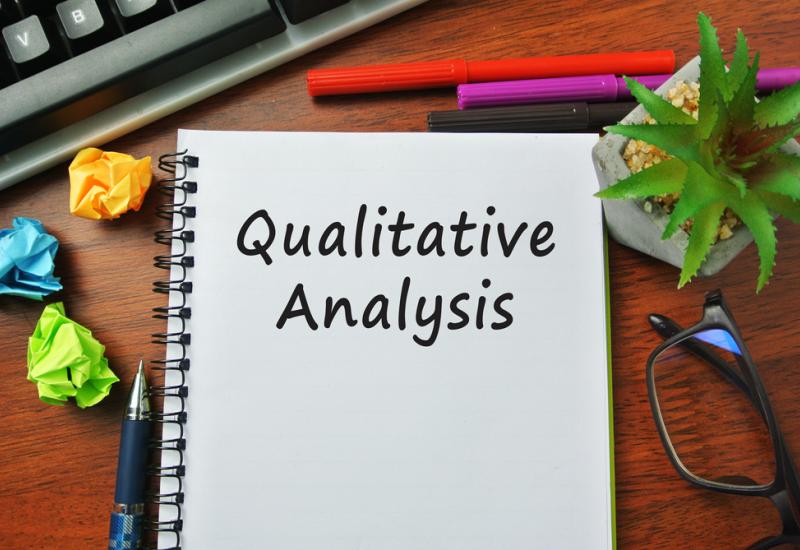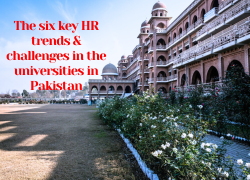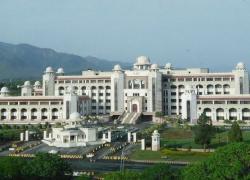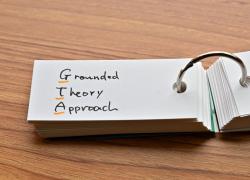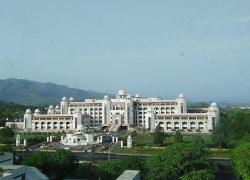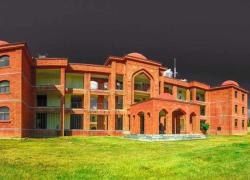What are the 04 most common expectations of the PhD scholars?
Being the highest-level degree, awarded by a university, PhD is an extremely challenging but highly rewarding endeavour. This is predominantly a research-based degree and the students are supposed to be responsible for their own learning and development.
During the course of this ambitious undertaking, knowledge is gained less from class-room based teaching rather more from critical reading, intellectual discourse and experimentation. At the end of the day, you have to prove that you have made a meaningful contribution to the body of knowledge and to the area of your interest.
For the title and certain privileges tied with a doctoral degree, the initial excitement of the candidates to enroll in the PhD program is self-evident. However, they have a number of ingrained expectations even before starting the ride. Some of those proved to be true. However, most of them remained unrealistic, misplaced and highly quixotic.
What are the most common expectations of the PhD candidates?
Ph.D. scholars typically have several common expectations and responsibilities during their doctoral programs. These expectations may vary somewhat depending on the field of study, the university or institution, and the specific research project, but here are some of the most common expectations for Ph.D. scholars. It’s important to note that the specific expectations can vary widely between institutions and programs, and they can also change over time as academic norms and practices evolve. Ph.D. scholars should consult their program’s guidelines and communicate regularly with their advisors to ensure they are meeting the expectations of their specific program.
The scholars ordinarily expect that the journey would be a plain sailing, however, it proved sometimes, to be the other way round. They expect, it would finish soon but it takes even longer. They expect funding from certain quarters, the parent university or the institute where he is enrolled but sometimes it does not work. There is an exhaustive list of it varying from case to case. The most notable among these include but not limited to the following:
- Overwhelming response from the supervisor
- Selection of a research topic
- Early completion of PhD
- Unconditional support from the institute/ university
This blog post is aimed at sensitizing doctoral students about these impending issues with a point that they do not feel despair if some of their expectations are not met. These are discussed here in detail.
Overwhelming response from PhD supervisor
The PhD scholars generally perceive their supervisor to be a champion who must have a solution to every set of problems they face. However, this is rather unfair to idolize your supervisor. When the expectations are so much high then there are too much at stakes. And this is probably one of the key reasons for strained supervisor-student relationship.
The doctoral students must understand that the supervisor will be an expert in his/her own academic field. However, what their supervisor would not be, an expert in the student’ particular topic/area. There is a very simple reason for this. If they were, the student would not be required to do his/her research work on it.
The supervisors must encourage students to work independently and use opportunities to present their work. However, his/her job is not spoon-feeding. A supervisor isn’t a teacher and a PhD isn’t a taught degree either. You should necessarily not expect your supervisor to write your dissertation. This may seem obvious, but it’s important to keep in mind all the time.
The supervisors should be friendly, approachable, and aware of the standard of work expected from a student but this is not always the case. The students should keep their expectations to the bare minimum to avoid disappointment at a critical juncture.
Selection of a good research topic
The PhD scholars before embarking on PhD studies feel that the selection of a research topic should not be a big deal for them by any means. However, with the passage of time, they realize that it was not as straightforward as they were expecting. Identification of an area and selection of a researchable topic has remained one of the most intriguing areas for many doctoral candidates.
Since rules of thumb are not available for getting hold of a good research topic, a lot depends on the scholars’ own initiative, insightfulness and energy. A meticulously chosen topic is the first step towards successful completion of the research project. In the absence of proper supervision and lack of formal mentoring, the scholars often find it hard to negotiate with this thorny issue.
Resultantly, many of the doctoral candidates, fail to complete their research work within the specified period of time and ultimately, a bigger chunk of them, leave their MPhil and doctoral studies, incomplete.
Read More: How to select a fascinating research topic?
Hence, the PhD scholars must comprehend the imminent challenge and must be prepared for such eventualities during the course of their doctoral studies.
Early completion of PhD
The PhD scholars generally expect that they would finish with their doctorate in the stipulated three to four years time. However, this is a little too ambitious for many of us. As many factors come into play, the doctoral candidates must understand that during the course of their PhD studies they may get stuck, any time and any stage and that would definitely make it little harder for them to finish with PhD in the specified period of time.
Read More: The 05 important tips to the successful completion of PhD quickly?
Unconditional support from the institute/ university
The PhD scholars generally expect that they would be receiving all-out support from the university/institute in terms of guidance, conducting research, mentoring, financial assistance, facilitation for the presentation of papers in the international conferences and other related matters. Nevertheless, they must realize that this shall not always be possible for the university/institute to extend such overwhelming support to each and every student. Hence, the scholars should also take this into serious consideration to avoid embarrassment at a belated stage.
Conclusion
The doctoral candidates must be realistic in their approach while embarking upon the bumpy road of PhD. They must also be mentally prepared if the things were not going their way either. This is the journey which is guided, predominantly by self-study, self-learning and self-motivation. This is an excursion where the supervisor is a coach and the student is a player. It is, in fact, more like a football game where the coach has to sit on the sideline where the students have to play on the field. This is supposed to happen in the case of students’ research proposal defense or Viva-voce etc. and the PhD scholars must prepare themselves mentally for such an unenviable situation.


